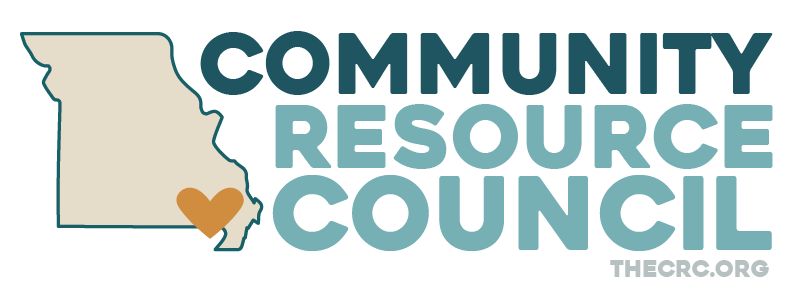Hello Caregivers! Today’s protective factor is one that can be a bit difficult to balance but also is a great segway into the protective factors we will be discussing in the next few months as well. This protective factor can have such a huge impact on youth because it can provide them with the support they need along with the independence they seek. This month we are going to discuss how we as caregivers can balance promoting autonomy and relatedness to family.
Autonomy by definition refers to the ability to make decisions independently, without external control or influence. Often, especially in the teenage years, youth crave this! They want to be able to make decisions for themselves, and don't think they should have to listen to anyone else. This can be so frustrating for parents as they watch their children make poor decisions that they know are not going to have a great outcome. However, autonomy is really something that our kids need. It is important that they learn how to make good decisions independently, because the fact is we will not always be there to make the decisions for them. We won’t always be there to talk to them about why something is or isn’t a good idea. It is crucial as caregivers that we give our children the opportunity to develop their autonomy beginning at a young age, so they are able to develop their critical thinking and decision-making skills. Ultimately, youth who do not have the opportunity to practice autonomy could face huge challenges and find themselves extremely overwhelmed when they go out on their own and are faced with all the “adult” decisions. This relates DIRECTLY to youth substance use. Most likely, the first time your child faces the decision whether or not to use substances, you are not going to be there. There could be other external influences that don’t love them the way you do, encouraging them to use. This is why it is so important that our children know how to “tune out” all external influences and decide based on what they know or want for their own lives.
Now, on the flip side, and sometimes complicating autonomy, but is also extremely important is the ability to relate to one’s family. We know that all too often family conflict causes disruptions in even the most peaceful households. The autonomy of a child can cause conflict when the parent disagrees and wants the child to do something differently. As caregivers we set the foundation for our children. We teach them right from wrong, teach work ethics, and do our best to instill our beliefs in our children. However, sometimes despite all that we have tried to teach them as they become older their need for autonomy may make them begin to question or even change their belief systems. When this happens, we often see parents so upset, feeling like they have failed, and questioning their own parenting. But wait.... didn’t we just say autonomy is a good thing? YES! We did! It is so important that our children feel some type of relatedness to their family for many reasons. One of the most important is that children who feel they can relate to their family often have a strong bond with family members. This strong bond is CRUCIAL in preventing youth substance use! Children who can relate to their families often spend more time with loved ones, care what they think, and even want to follow in their footsteps.
So here is the tricky part.. How do we balance giving our children the opportunity to practice autonomy while also helping them feel related to their family. I think this answer is complex and something that will look different for every child, however I think as caregivers we must ask ourselves some hard questions to completely understand. Ultimately, we must remember the goal is for us to maintain a strong bond with our children regardless of if we agree or disagree with them. We do this by keeping the lines of communication open, respecting each other, and knowing when to agree to disagree. EVEN IF your child disagrees with some of your fundamental beliefs including religion, sexuality, or political issues that does not mean that you cannot continue to have a bond with them. REMEMBER autonomy is actually a good thing and will help them to make healthy decisions in the long run.. Some easy ways to help your child feel related to their families is through establishing family traditions, partaking in hobbies you both enjoy, spending quality time together, and engaging in meaningful conversation. Parenting can be tough, but if no one told you today, you are doing a great job.
